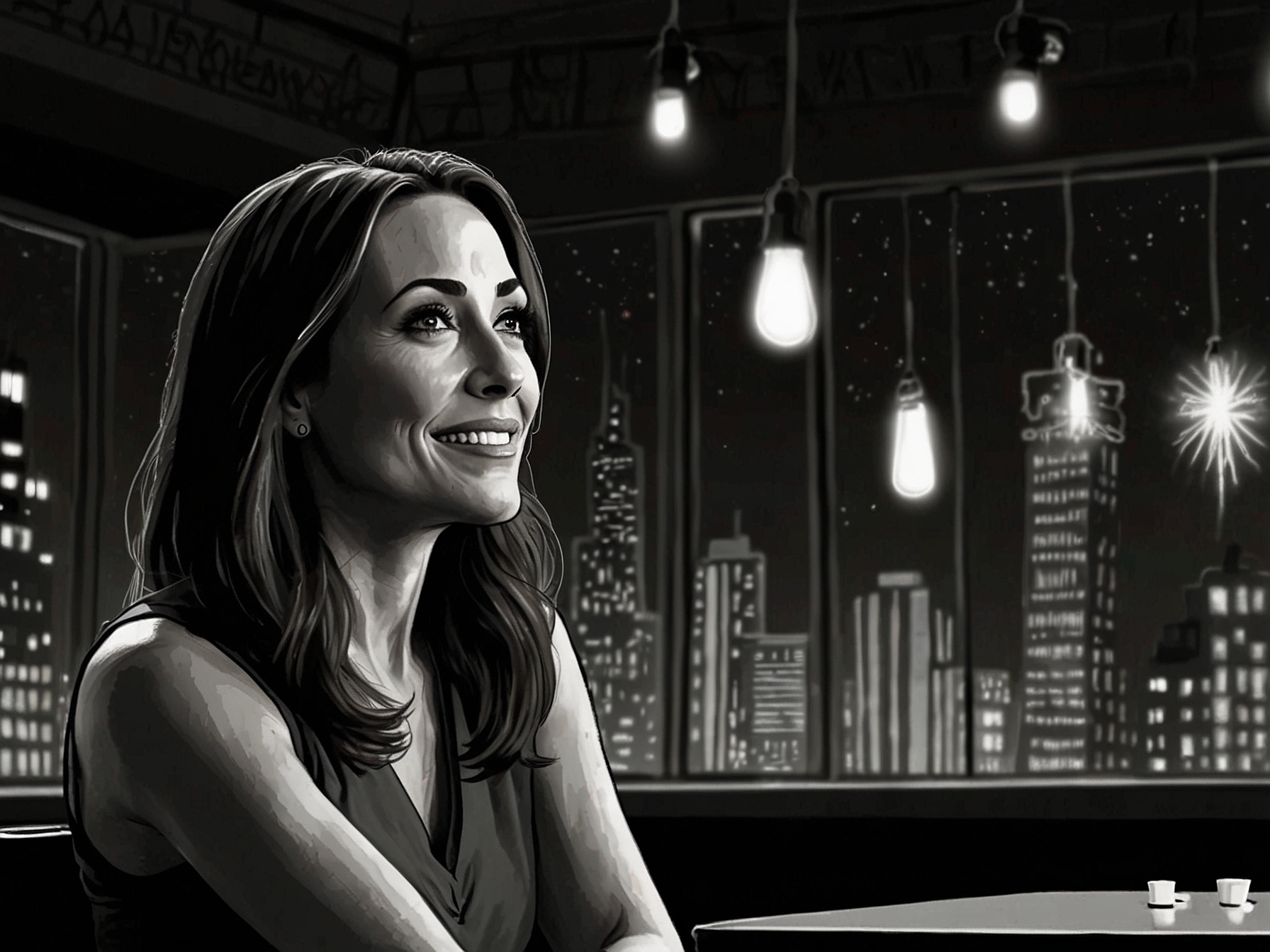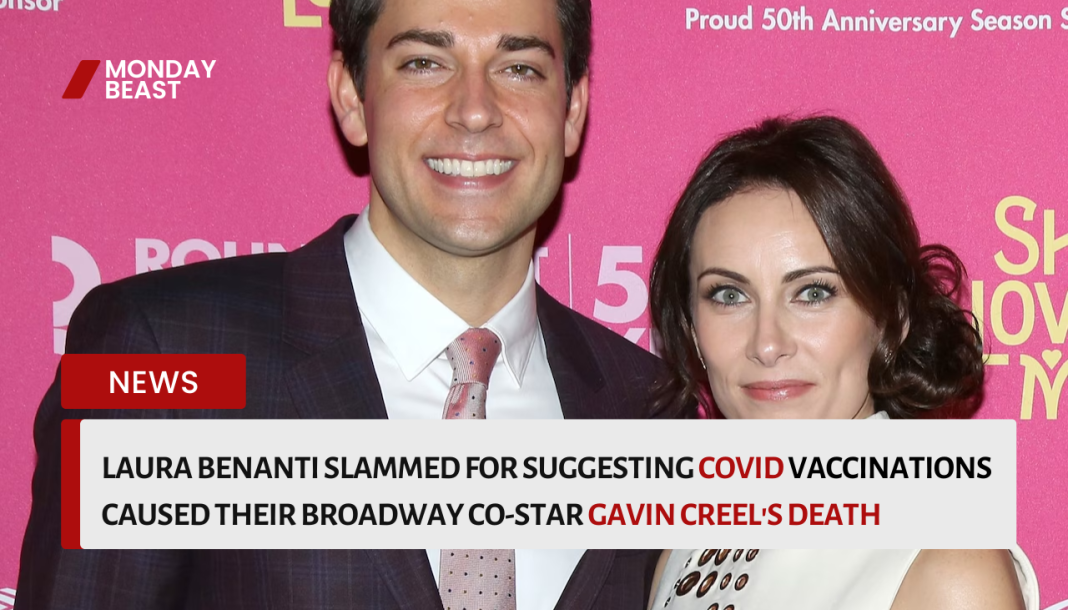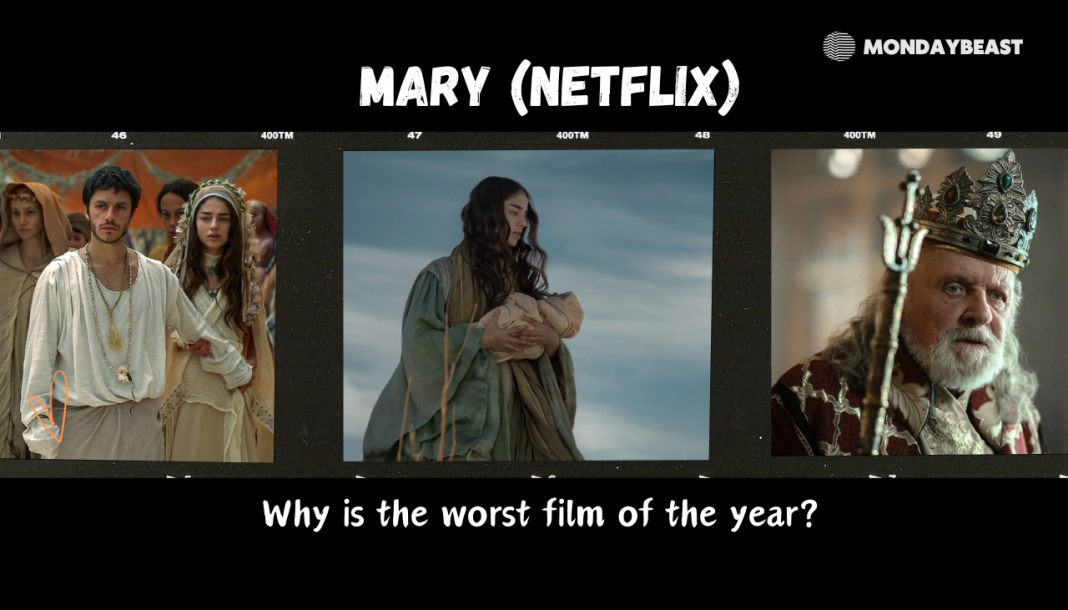Context of the Drama
Recently, a storm of controversy erupted in the Broadway community. It centered around Laura Benanti, Zachary Levi, and the untimely death of their co-star Gavin Creel. Benanti didn’t hold back her thoughts on Levi during an episode of That’s a Gay Ass Podcast.
In a candid discussion, Benanti revealed her longstanding dislike for Levi. “I never liked him,” she confessed. This statement shook the podcast audience and unveiled a side of her experience in the 2016 revival of ‘She Loves Me’ that few might have imagined. What tension lurked behind the cheerful Broadway facade?

Benanti painted a vivid picture of Levi’s personality. She recalled how he dominated rehearsals with his animated energy. Others praised his charm, but she felt he disrupted the flow. “He’s sucking up all the energy in this room,” she expressed. For Benanti, that was not just a quirky trait but a source of frustration.
Emotional Impact of Gavin Creel’s Death
The impact of Creel’s death weighed heavy in the conversation. It’s rare to see such a public connection between colleagues handling grief. Levi’s controversial comments about vaccinations stirred up more than just anger; it opened wounds for those grieving.
Creel, who passed away at just 48, left a mark on Broadway’s heart. He had collaborated with both Levi and Benanti, adding layers of complexity to their reactions. When Levi suggested that COVID vaccinations could be linked to Creel’s death, it felt like salt in a still-raw wound.

His words sparked outrage. “Forced on the American public,” he claimed. These comments seemed more aligned with conspiracy theories than heartfelt remembrance. How do we process loss when misinformation weaves into the narrative?
Benanti’s Outrage
When Levi invoked their late friend’s name for his political agenda, Benanti’s outrage was palpable. “F—k you forever,” she exclaimed regarding his attempt to shed tears for a connection he did not share with Creel. To her, that was an exploitation of grief. The choice of words resonates with anyone who’s felt a friend’s name used incorrectly.
Her emotional plea was more than just an outcry; it was a defense of Creel’s memory. Here was a person who deserved dignity, not a pawn in someone else’s narrative. Benanti’s commentary offered a fresh perspective: the boundaries between personal and public grief must be respected.
Public Reaction and Broader Implications

The fallout from this clash ignited conversations across social media and beyond. Many rallied behind Benanti, applauding her courage. Others supported Levi, arguing for free speech. What does this say about us? Are we willing to stand up against the tide of misinformation?
Broadway is more than just a stage; it’s a community. What happens when that community is shaken by personal grievances and public tragedy? The reactions underscore not just an emotional divide but also illustrate the societal impact of public figures discussing sensitive issues.
The Levies of the world may choose to amplify misinformation, but harmonious voices like Benanti’s emerge to remind us of accountability and sensitivity. This is not just about one podcast. It’s a call for clarity amid chaos, where truths become drowned out by opinions.
Final Thoughts
Benanti’s words resonate on many levels, appealing to our sense of morality. She shines a light on much broader themes: friendship, accountability, and the complexities surrounding discourse about health and politics. In these turbulent times, perhaps it’s vital to question: how do we remember those we’ve lost? And more importantly, how do we uphold the truth in their memory?
As theatergoers and fans, we must reflect on the way we respond to narratives that impact our lives. Moments like these challenge us to consider the intersection of personal belief, public grief, and the stories we choose to propagate. Will we stand for truth, or will we let emotions cloud our judgment?




